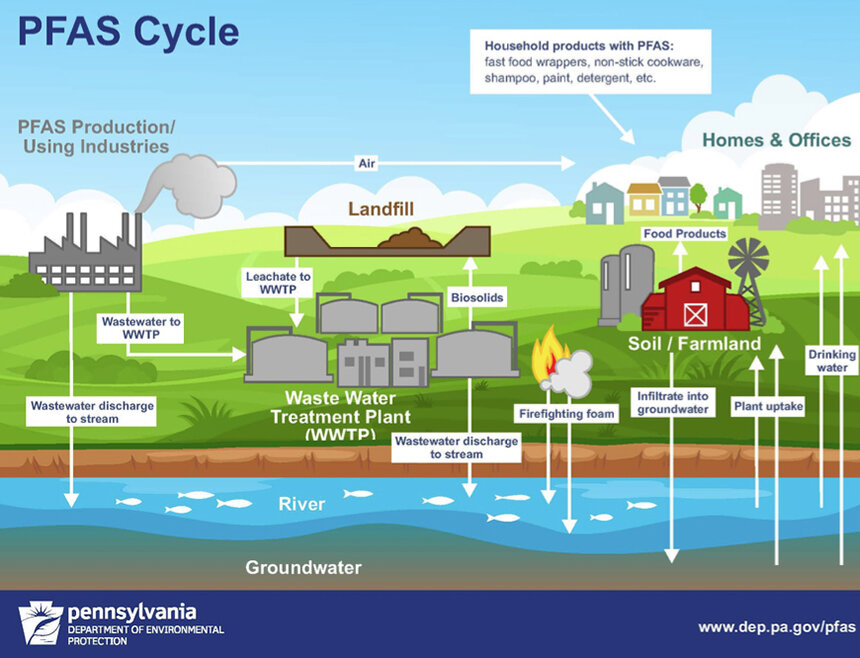Dinner Train Cited for Herbicide Use in Coastal Zone
April 1, 2019
PORTSMOUTH, R.I. — Last fall the Newport & Narragansett Bay Railroad Co. was cited by the Coastal Resources Management Council for spraying herbicide within 200 feet of coastal features without approval.
The unauthorized spraying of poison by the North Kingstown-based operation, which runs the Newport Dinner Train, along railroad tracks that run along the West Passage of Narragansett Bay, including through coastal wetlands and people’s backyards, caused “vegetative alterations,” according to the Coastal Resources Management Council (CRMC).
The spraying was in violation of the Rhode Island Coastal Resources Management Program, which notes that the indiscriminate use of herbicides or the clear-cutting of vegetation is prohibited.
The Sept. 20, 2018 notice of violation noted that failure to comply would result in a cease-and-desist order.
In January, a railroad representative signed a consent agreement, agreeing to clean up the dead vegetation from the rail corridor over the winter. The Newport & Narragansett Bay Railroad Co. paid an administrative fine of $250, which is common practice when a violator agrees to sign a consent agreement to resolve a violation.
It was also agreed that the company would submit a long-term vegetation management plan, as company officials told CRMC that regular maintenance of the vegetation would be needed.
The deadline for the company’s vegetation plan was March 30. As of April 1, no plan had been received, according to a CRMC official. She said enforcement will likely do a site inspection this week to see if the company is in compliance.
“Buffer zones along the perimeter of coastal water bodies can be effective in trapping sediments, pollutants … and absorbing nutrients (particularly nitrogen) from surface water runoff and groundwater flow,” according to CRMC. “The effectiveness of vegetated buffers as a best management practice for the control of nonpoint source runoff is dependent upon their ability to reduce the velocity of runoff flow to allow for the deposition of sediments, and the filtration and biological removal of nutrients.”
Coastal buffer zones also provide habitat for native plants and animals.
“Vegetation within a buffer zone provides cover from predation and climate, and habitat for nesting and feeding by resident and migratory species,” according to CRMC. “Some species which use coastal buffer zones are now relatively uncommon, while others are considered rare, threatened or endangered. These plants and animals are essential to the preservation of Rhode Island’s valuable coastal ecosystem.”




I’ve personally witnessed State Workers spraying Round-Up (they confirmed that was the herbicide) along the Blackstone River bikeway. It doesn’t surprise me that the Railway is lazy and doing the same.
Remember Rachel Carson’s warning in her book "Silent Spring" about DDT, well…they ban Round-Up in Europe and California. Round-Up is poison to birds and fish and …
How about some groundwater test wells and associated mitigation rather than simply planting a few seeds. They probably consider the penalties the "price of doing business" (no big deal).